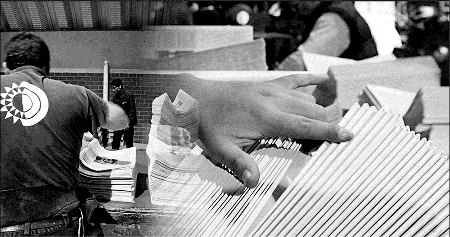Economic concerns and general anxiety regarding Covid-19 are among the main difficulties that university students have faced during the health emergency, to which is added the problems to access an adequate Internet connection and technological equipment, reveals the First National Survey on Quality and Accreditation in the Superior of Mexico for the new post-covid normality.
The research, prepared by the Council for the Accreditation of Higher Education and the Veracruzana University, in which rectors, directors of faculties and those responsible for the quality accreditation of 95 higher education institutions participated, warns of multiple challenges in the face of a possible back to face-to-face classes.
Challenges for face-to-face return
The students have been subjected to conditions that have generated social isolation, which is among the main difficulties they have faced, according to the respondents, to which is added the lack of communication with their teachers or the problems to maintain a schedule regular.
They considered that these study houses have been greatly affected by the high costs of the digital transition in the context of the pandemic, but also by the high investment that the return to face-to-face will mean and by “student dissatisfaction with hybrid training” .
They believed that the negative impacts are due to “discouragement of academic internationalization, student desertion and the lack of training of teachers on the use of information and communication technologies (ICT).”
The directors of faculties refer to affectations due to “funding cuts to public higher education institutions; stagnation in research contributions and lack of ICT equipment ”, in addition to the fact that a readjustment of the school calendar will have to be faced; the lack of online content aligned with the study plans and the continuity of training activities in the distance mode.
Although the main findings of the survey include that eight out of 10 rectors consulted consider that the social commitment of universities and their activities are a public good, they emphasize that “society does not know their results and there is a lack of studies on their impact.”
Faced with the challenges posed by the pandemic, rectors and directors of faculties also raise the need to reflect on a “comprehensive reorganization in higher education institutions and to implement a mixed, blended approach and with high use of technology in the necessary processes for teaching-learning ”.
–


